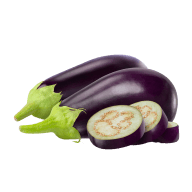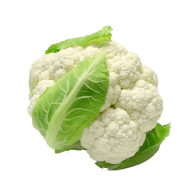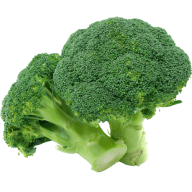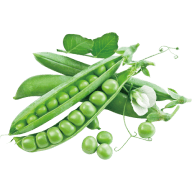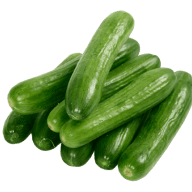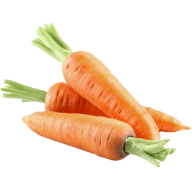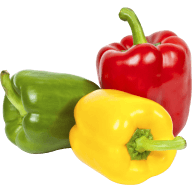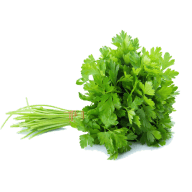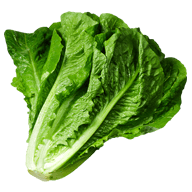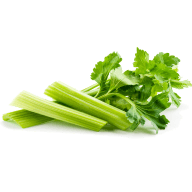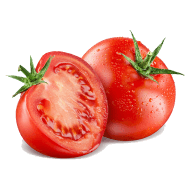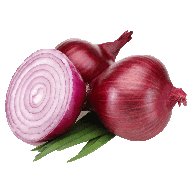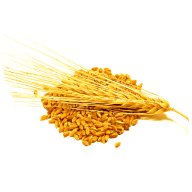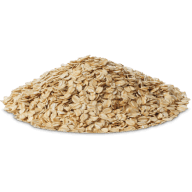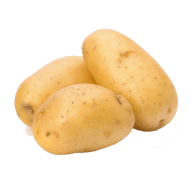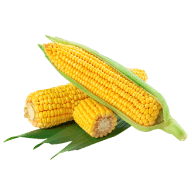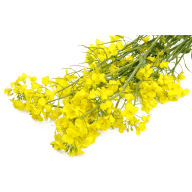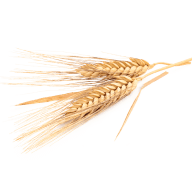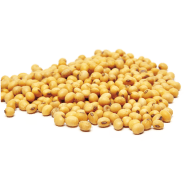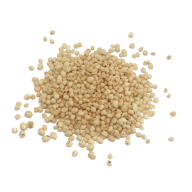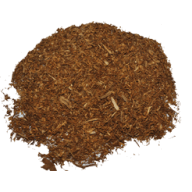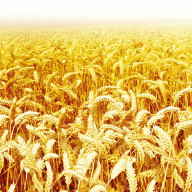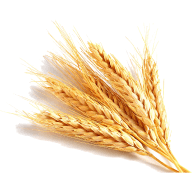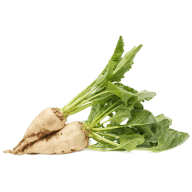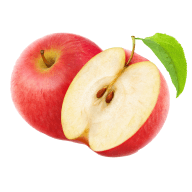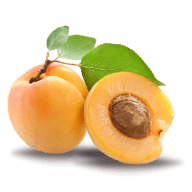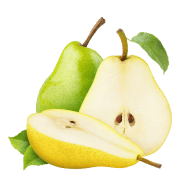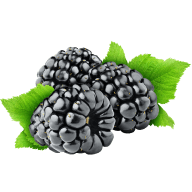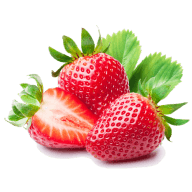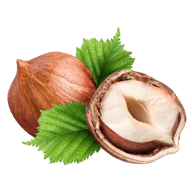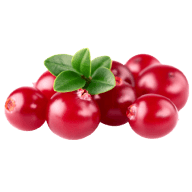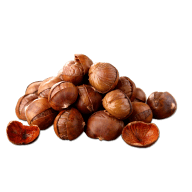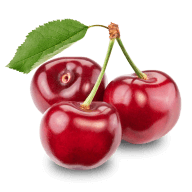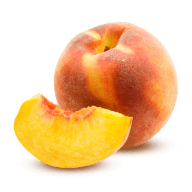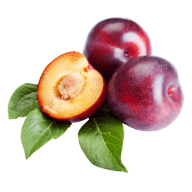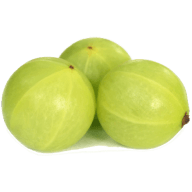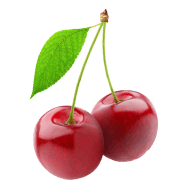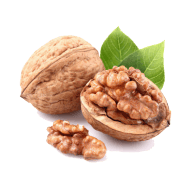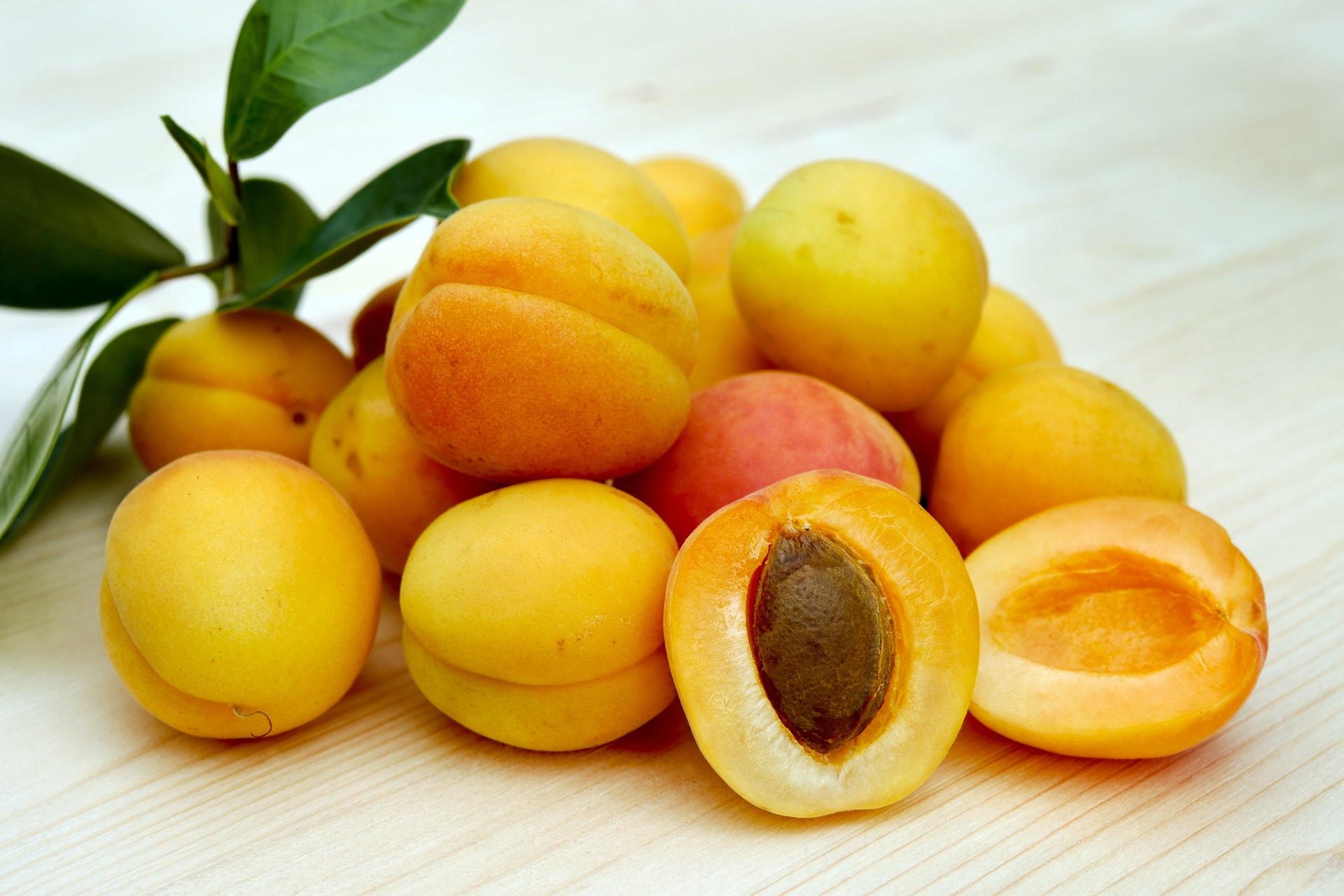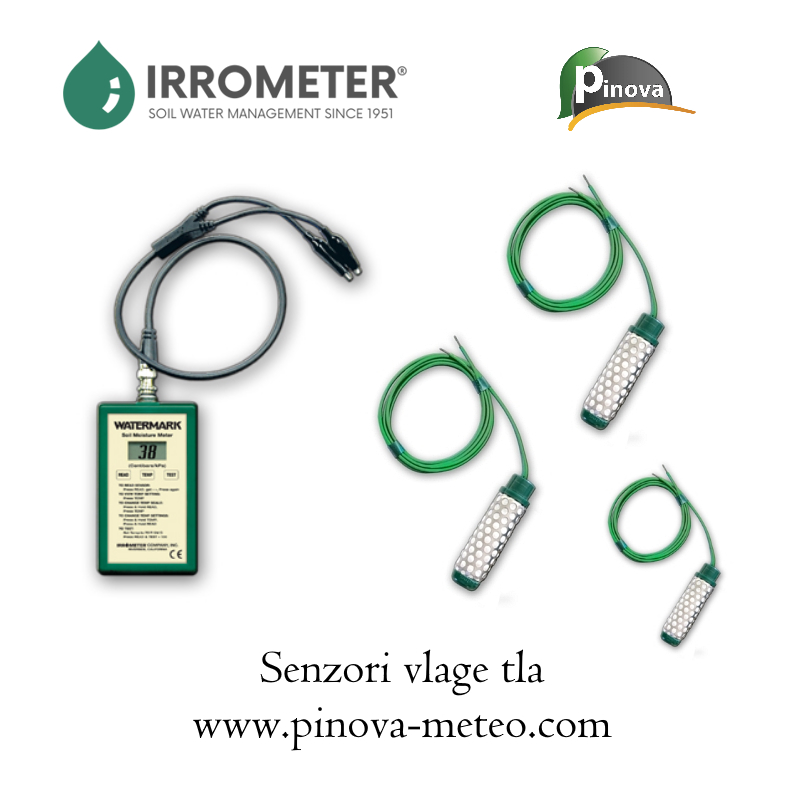Selecting apricot varieties suggests that it might be best to graft apricots onto seedling rootstocks, as they are least sensitive to apoplexy. Additionally, choosing less vigorous varieties makes harvesting without ladders possible.
Aurora
This variety ripens in mid-June and has moderate yields. It features a vigorous tree and produces medium-sized, orange-yellow fruits with a rusty coating. The flesh is orange-yellow and tasty. The stone is free.
Mađarska Najbolja
Originating from Hungary, this variety is noted for its late blooming and self-fertility, ripening in early July. It has very abundant yields. The tree is medium to vigorous. It produces medium to large fruits, weighing 48 to 50 g on average. The fruits are round-conical and orange-yellow with red rings. The flesh is dark red, juicy, and firm, with a sweet-sour taste and pronounced aroma. It is frost-resistant but very sensitive to apoplexy.
Goldrich
This variety originates from the USA (Washington). It blooms mid-early, with good pollinators being Portici and Sabbatani. It ripens around June 25. It has moderate yield and tree vigor. It produces large to very large orange fruits. The flesh is red-orange with a well-balanced, medium-sweet taste. The stone is free and it is partially self-fertile.
San Castrese
An Italian early-blooming variety. It ripens around July 5. It produces very abundant and regular yields. The tree is very vigorous. It produces large yellow fruits. The flesh is light orange and moderately firm, with an aromatic taste. The stone is free.
Harcot
A Canadian late-blooming variety. Good pollinators are Hargrand and Pisana. It ripens around June 25. It has good and regular yields. The tree is moderately vigorous. It produces medium-sized orange fruits with 50% red blush. The flesh is orange with a sweet and rich flavor. The stone is free.
Kečkemarska Ruža
A Hungarian late-blooming variety. It ripens at the end of July and early August. It has high yield potential. It produces small to medium-sized fruits that can be asymmetrical to round-flat and light orange with red blush. The flesh is orange-yellow, with a refreshing taste and pronounced aroma. It is frost-resistant, and the fruits are transport-resistant.
Bergeron
A self-fertile French variety. It blooms early and ripens around mid-August. It has high yields. The tree is medium to vigorous. It produces medium to large fruits, weighing 40 to 45 g on average. The fruits are round-elongated and light orange with 10 to 40% red blush. The flesh is firm, with a sweet, aromatic, medium-juicy flavor and low acidity. The stone is free. It is sensitive to frost and apricot sharka, and slightly sensitive to monilinia.
Gencika
A Hungarian late and prolonged-blooming variety. It is self-fertile and does not require pollinators. It ripens in early July. It has high yield potential. The tree is medium vigorous and produces medium-sized fruits, weighing 40 to 55 g on average. The fruits are dark orange with soft flesh. The taste is excellently sweet. It is resistant to spring frost.
Korai Piros
A Hungarian early-blooming variety. It is self-fertile and does not require pollinators. It ripens early and regularly. The tree is vigorous. It produces small fruits, weighing 30 to 40 g on average. The fruits have soft flesh and are orange. The taste is harmonious. This variety is resistant to low temperatures.
Orangered
This variety originates from the USA (New Jersey). It blooms mid-early. Good pollinators are Mađarska Najbolja, Bergeron, and Hargrand. It ripens in mid-June, with moderate yields and vigorous tree growth. It produces medium-sized orange fruits with yellow-orange flesh. The taste is sweet. The stone is free. It is resistant to sharka and slightly sensitive to monilinia.
Cegledi Orias
A Hungarian early-blooming and ripening variety, with high yields and moderately vigorous tree growth. It produces large to very large fruits, weighing 50 to 80 g on average. The fruits are dark orange. It is moderately resistant to low temperatures.
Portici
This variety ripens in mid-July. It has good yield potential and moderately vigorous tree growth. It produces medium-sized light orange fruits that redden on the sunny side. The fruits are somewhat sensitive to cracking.
Panonia
A self-fertile Hungarian variety. It ripens in mid-July. It produces medium-sized fruits, weighing 40 to 55 g on average. The fruits are dark orange and excellently sweet.


